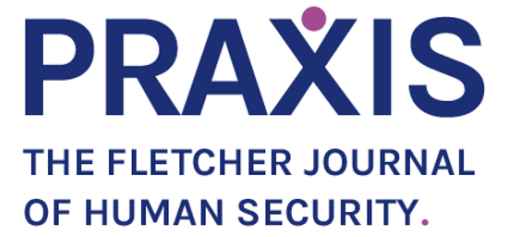Redefining Vulnerability: Refugee Protection in Urban Areas
By Mariel Sanchez, MALD’16
People fleeing violent conflict and persecution are increasingly moving to cities in neighboring countries in search of security and stability. These refugees in urban settings face a different set of security threats than those living in camps. Legal restrictions imposed by host governments on refugees’ ability to work and to access basic services like health and education, accompanied by discrimination from local communities and hostile law enforcement measures, prevent refugees from integrating into their new societies.
For decades, humanitarian aid to refugees has focused on building and managing camps. Today, however, the United Nations High Commissioner on Refugees (UNHCR) reports that out of an estimated 20 million refugees, less than one half live in camps and settlements. At the Conference on Gender and International Affairs held at The Fletcher School in December 2015, panelists highlighted three key issues facing displaced populations residing in cities: exclusion from economic activity, competition for living spaces, and tensions with local populations.
Although many countries have opened their borders to refugees, legal entry and registration have become formalities rather than forms of actual assistance. The benefits of holding legal refugee status vary from country to country, and in most places these benefits do not include permission to work. Countries like Turkey, Lebanon and Jordan, for example, have granted entry and refugee status to thousands of Syrians. Yet Syrians are required to apply for additional work permits that are difficult to obtain due to financial, bureaucratic and other practical constraints.
One of the biggest obstacles to the wellbeing of urban refugees is their inability to participate in formal employment. When policies prevent refugees from working legally, refugees turn to the informal sector, where work conditions are often dangerous or exploitative. Speaking at the conference, Beth Maclin, a research coordinator at the Harvard Humanitarian Initiative, explained other strategies employed by the displaced and their harmful consequences. Maclin’s research found that men displaced in Eastern DRC struggle to fulfill their roles as providers and often turn to drinking or domestic abuse; women are likely to engage in sex work; boys are forced to work or join criminal groups; and girls are married off at a young age.
Unlike refugees in camps, those in cities live among the local population. Due to barriers to formal housing and employment, they compete with the local poor for resources. Dr. Alivelu Ramisetty, Senior Global Gender Adviser at Oxfam, emphasized that refugees typically dwell in urban slums and other underprivileged areas occupied by locals living in poverty. In such environments, Dr. Ramisetty pointed out the importance of working with local communities and municipal governments to sensitize them to the refugee situation and involve them in the efforts of organizations like Oxfam.
A program that encourages dignified employment of refugees, is inclusive of the local population, and helps mitigate tensions between the two communities, has been implemented in Ecuador. In the border town of Lago Agrio, Oxfam supports a collective of Colombian refugees and Ecuadorian natives who work alongside each other picking up trash and collecting recyclables that they trade for money. The effort not only brings refugees and locals together, it also promotes the entrepreneurship of both men and women, and involves all of them in a productive activity.
As this example shows, the urbanization of refugees presents an opportunity to move away from traditional models of aid provision and add value to the host communities. Knowing the threats to livelihoods and security, and being mindful of their gendered dimensions, can inform better approaches to humanitarian response and services that meet the evolving needs of displaced communities.
